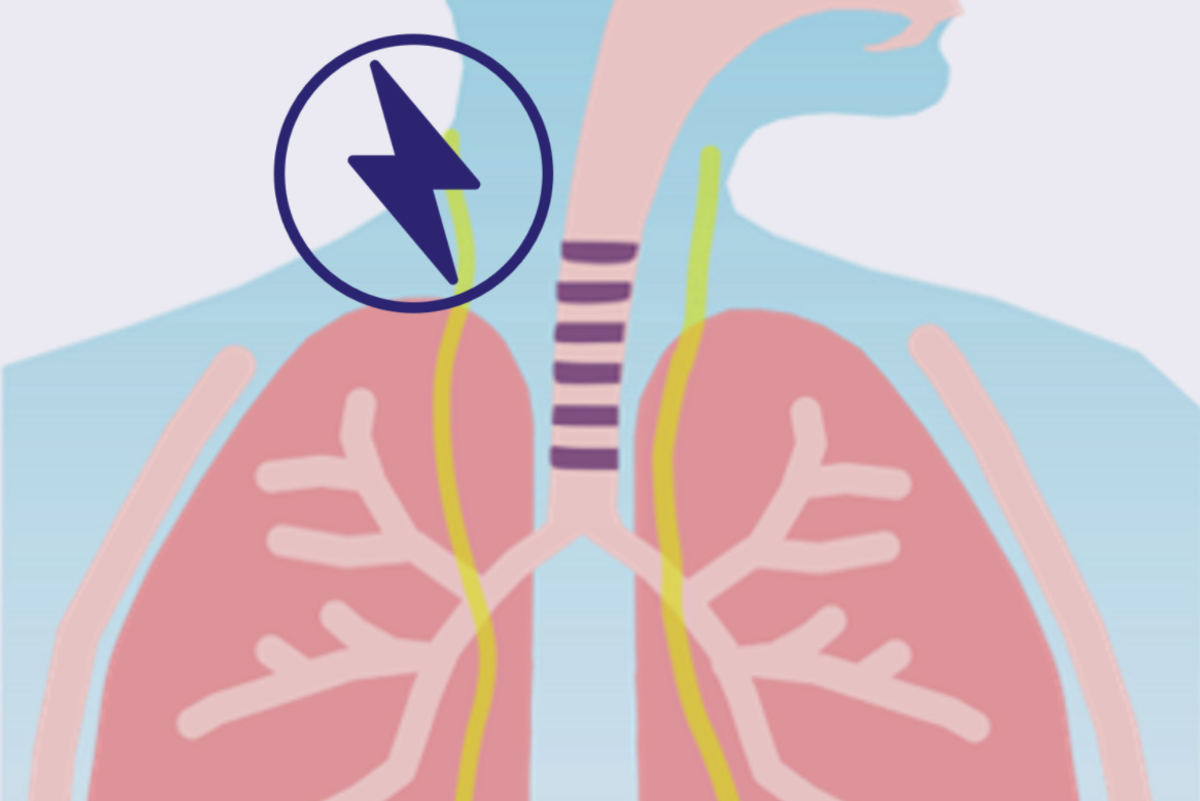6 Houston health tech startups making major advancements right now
meet the finalists
Home to leading hospitals, universities and health-focused incubators, Houston is a breeding ground for innovative medical technology and breakthroughs that can improve outcomes and lead to a better quality of life for patients.
The Health Tech Business category in our 2025 Houston Innovation Awards will honor an innovative startup within the health and medical technology sectors.
Six forward-thinking businesses have been named finalists for the 2025 award. They range from an end-of-life care company to others developing devices and systems for heart monitoring, sleep apnea, hearing loss and more.
Read more about these businesses, their innovative founders, and how they're shaping the future of health care below. Then join us at the Houston Innovation Awards on Nov. 13 at Greentown Labs, when the winner will be unveiled at our live awards ceremony.
Tickets are now on sale for this exclusive event celebrating all things Houston Innovation.
Bairitone Health
Bairitone Health is bringing anatomy imaging for sleep apnea to the home environment. The company's platform maps users' anatomy during natural sleep using a facial patch to determine the root cause of airway obstruction. It then offers effective therapies for each patient. The system is currently in the research and development phase and is being used in clinical trials and studies.
The company was founded in 2022 in the Texas Medical Center's Biodesign program by CEO Meagan Pitcher, CTO Onur Kilic and chief medical officer Britt Cross. It was a member of Activate Houston's inaugural cohort and has participated in numerous accelerators and incubators. It raised a pre-seed round last year of $435,000.
Corveus Medical
Corveus Medical has developed a novel catheter device that allows cardiologists to perform a splanchnic nerve ablation, restoring the pressure balance in patients with moderate heart failure. Its pre-FDA-approved, minimally invasive solution deactivates a nerve that has been demonstrated to be a root cause behind heart failure progression, which allows physicians to treat patients who have traditionally had few options.
The company, formerly known as Caridian Medical, was founded in 2021 by CEO Tyler Melton and CMO Ishan Kamat. It has participated in incubators such as TMC Biodesign, Y Combinator, MedTech Innovator and Fogarty Innovation and was named one of the 10 most promising life science companies at Texas Life Science Forum in 2022. The company says it will move toward validation and verification testing for its device in Q4 of this year.
FibroBiologics
Regenerative medicine company FibroBioligics uses fibroblasts, the body’s most common type of cell, rather than stem cells, to help grow new cells to repair tissue and modulate the immune system. The cell therapies offer treatments for chronic conditions such as degenerative disc disease, multiple sclerosis and non-healing wounds.
The publicly traded company was founded in 2021 by CEO Pete O'Heeron. It opened a new 10,000-square-foot Houston lab earlier this year to scale up research efforts and pave the way for in-house manufacturing. The company says it plans to launch its first clinical trial for diabetic foot ulcers soon, representing the transition of its fibroblast technology to the clinic setting.
Koda Health
Koda Health has developed an advance care planning platform (ACP) that allows users to document and share their care preferences, goals and advance directives for health systems. The web-based platform guides patients through values-based decisions with interactive tools and generates state-specific, legally compliant documents that integrate seamlessly with electronic health record systems. The company also added kidney action planning to its suite of services for patients with serious illnesses last year.
Koda Health was founded out of the TMC's Biodesign Fellowship in 2020 by CEO Tatiana Fofanova, chief medical officer Dr. Desh Mohan, and chief technology officer Katelin Cherry. The company raised a $7 million series A earlier this year, and also announced major partnerships and integrations with Epic, Guidehealth, Medical Home Network, Privia Health and others.
NanoEar
NanoEar has miniaturized hearing aid technology so that it can be implanted across the eardrum, allowing adults with age-related hearing loss to enjoy better sound quality than they would with behind-the-ear hearing aids.
Dr. Ron Moses, an ENT specialist and surgeon at Houston Methodist, developed the technology, and the company was founded in 2016 with CFO Willem Vermaat and COO Michael Moore. The company participated in the TMC Innovation Institute in 2016. It has issued nine U.S. patents and performed successful human cadaver and animal proof-of-concept experiments. Its next step is developing a prototype.
Wellysis USA
Wellysis USA Inc. works to detect heart rhythm disorders with its continuous ECG/EKG monitor with AI reporting. Its S-Patch cardiac monitor is designed for extended testing periods of up to 14 days on a single battery charge. The device weighs only 9 grams, is waterproof and designed to be comfortable to wear, and is considered to have a high detection rate for arrhythmias. It is ideally suited for patient-centric clinical trials to help physicians make diagnoses faster, cheaper and more conveniently.
It was established in Houston in 2023 and participated in the JLABS SFF Program the same year. It closed a $12 million series B last year. It was founded by CEO Young Juhn, CTO Rick Kim, CFO JungSoo Kim and chief strategy officer JoongWoo Kim.
---
The Houston Innovation Awards program is sponsored by Houston City College Northwest, Houston Powder Coaters, FLIGHT by Yuengling, and more to be announced soon. For sponsorship opportunities, please contact sales@innovationmap.com.












 Apple doubles down on Houston with new production facility, training centerPhoto courtesy Apple.
Apple doubles down on Houston with new production facility, training centerPhoto courtesy Apple.





